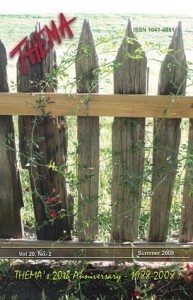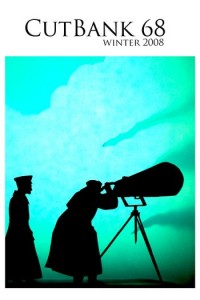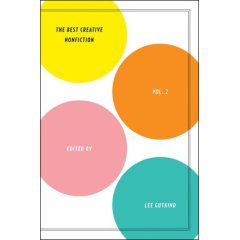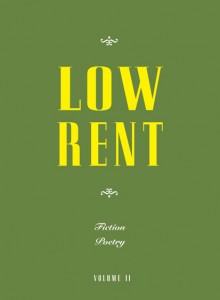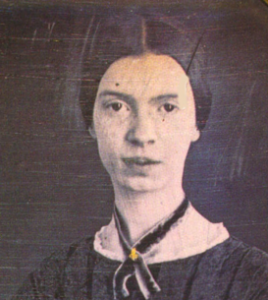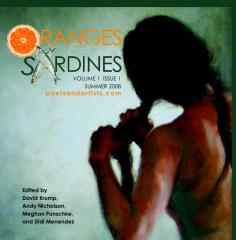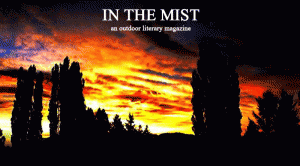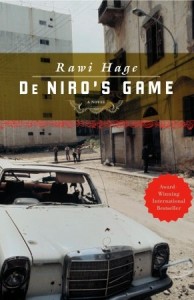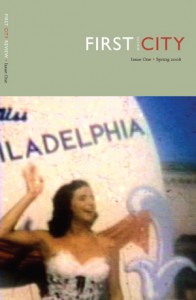Generally, calls for submissions are listed on the NewPages Submissions Page, but this one in particular did not have a web link, yet I felt it might be of interest to some of our readers:
UNDERGROUND
Interdisciplinary Graduate Conference November 6-7, 2008
Department of Comparative Literature
Graduate Center, City University of New York
365 Fifth Avenue, New York, NY 10016
Call for Papers
“I am convinced that fellows like me who live in dark cellars must be kept under restraint. They may be able to live in their dark cellars for forty years and never open their mouths, but the moment they get into the light of day and break out they may talk and talk and talk…” -Fyodor Dostoyevsky, Notes from Underground
How do we perceive the underground? What lies beneath the surface? Wherein lies the significance of this metaphor? In defining the “underground” we have an immediate understanding of the term in its political, artistic, spatial and temporal dimensions: secret societies, the avant-garde, the unknown, the underworld. But what else constitutes the underground? Since antiquity we have been fascinated by the possibility of a separate realm that does not abide by the conventions of the known world. The underground also represents all that is hidden within the human psyche and that resists our attempts to excavate it. This conference intends to explore manifestations of the underground across all disciplines: literature, art, music, film, political science, sociology, psychology, art history, classics, philosophy, etc.
Papers might focus on the following topics, but are not limited to these: The underground man in the novel—the underworld—Hades—the subversive— counterculture—resistance movements—outlaws—outcasts—misfits—the subconscious—the subway—the metro—the grave—le gouffre—the living dead— internment—revolution—catacombs—bomb shelters—thresholds—sewage—treasure— secret societies—the mole—urban myth—irony—the hidden—underground railroad—slave narrative—the avant-garde in music, film, art and writing.
Please submit abstracts of up to 300 words to cunyunderground_at_gmail.com or to the address below. Special consideration will be given to panel proposals. We will acknowledge the receipt of abstracts within 2-3 days. The deadline for submissions is August 18, 2008.
You will be notified if your proposal has been accepted no later than September 17, 2008 and we would like to have confirmation from those whose submissions have been accepted no later than October 1, 2008. There is no registration fee and the conference is free to attend. Please send all questions to the above listed email address.
Anick Boyd
c/o CUNY Graduate Center
Ph. D. Program in Comparative Literature
365 Fifth Avenue
New York, NY 10016
 We doing a summer update on our bookstore list – NewPages.com Guide to Bookstores in the U.S. and Canada. If you’re traveling or moving to a new town, it’s a wonderful list to have along. But we’d like your help in updating this list: please check out the city/state where you live and let us know if what we have is correct. Bookstores often move or close or even spring up anew without us knowing about it (imagine that!). Maybe what we have listed isn’t really an indie, or is mainly a resale shop. Please feel free to set us right about it:
We doing a summer update on our bookstore list – NewPages.com Guide to Bookstores in the U.S. and Canada. If you’re traveling or moving to a new town, it’s a wonderful list to have along. But we’d like your help in updating this list: please check out the city/state where you live and let us know if what we have is correct. Bookstores often move or close or even spring up anew without us knowing about it (imagine that!). Maybe what we have listed isn’t really an indie, or is mainly a resale shop. Please feel free to set us right about it:
